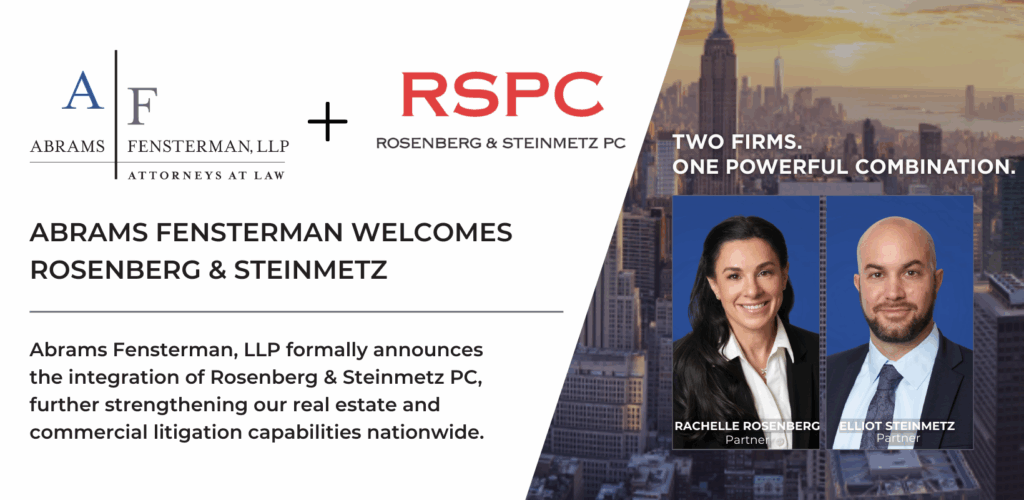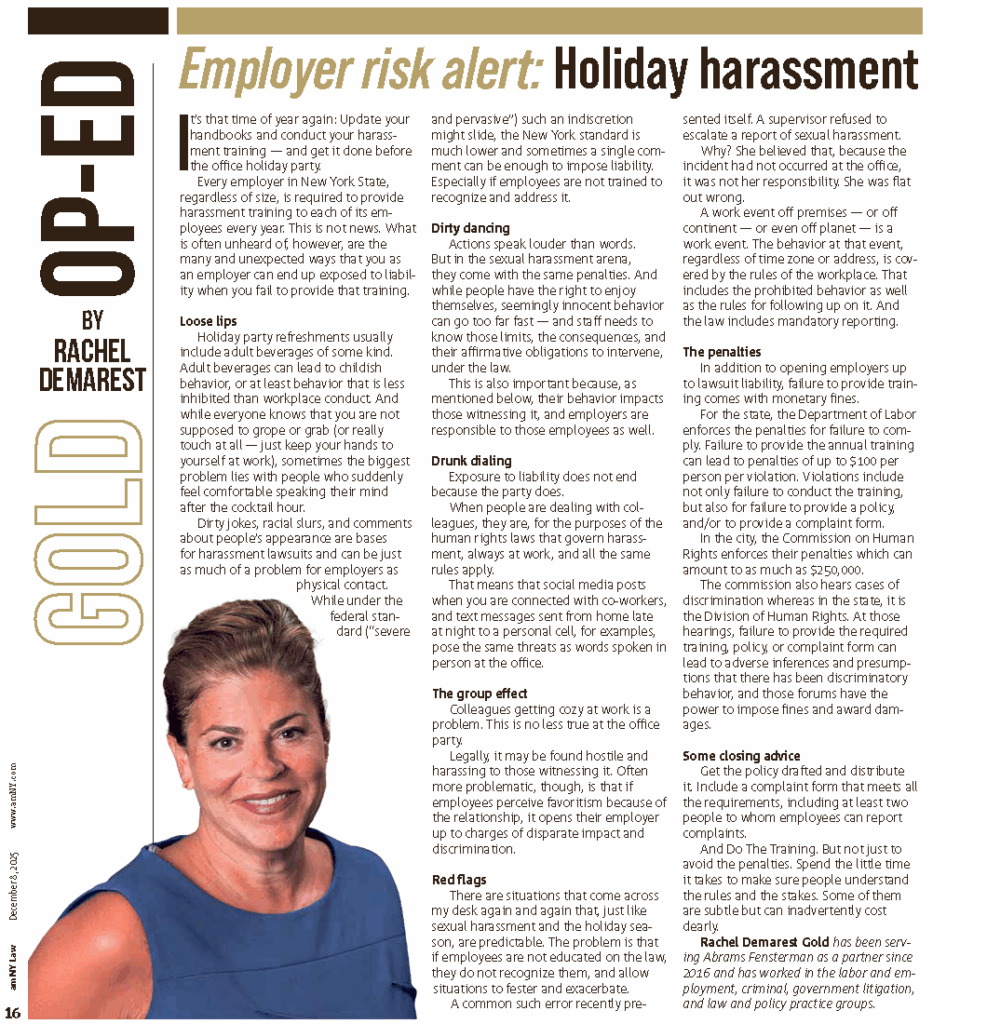In the present economy and in light of recent case law, nursing facilities are faced with increasing obstacles when attempting to collect on their outstanding accounts. These obstacles are even more challenging when a facility is attempting to establish liability for a debt against a third-party/family member. As a result, the initial admission process is a crucial time for facilities to properly assess and identify potential avenues for recovery by conducting a thorough intake to obtain all necessary information and to ensure that the proper party signs the facility’s Admission Agreement.
In this regard, a thorough intake should include the signing of a proper Agreement, as well as the completion of an Admission Application. A proper Admission Agreement places clear-cut responsibilities and duties on the signor including, but not limited to, facilitating payment on a resident’s account either from the resident’s resources that they have access to and/or by securing adequate third-party payor coverage (i.e., Medicaid). A completed Admission Application is critical to ascertain and document all potential payment sources and aids in the intake process. As such, Admission Personnel should speak with the family and/or the resident directly (if feasible) to assess who is the best person to sign the Agreement and provide information on the resident’s behalf.
The Admission Agreement and Application should be signed by the person who has a financial connection to the resident, either via access to their assets or personal records by virtue of a Power-of-Attorney or through joint bank accounts, etc. Under the terms of the Agreement, evidence of access to the resident’s funds is crucial and, even necessary, in accordance with recent case law and Department of Health regulations. Thus, it is extremely important to obtain proof of such access at the time the Agreement is signed. Finally, it is critical that the Agreement is completely filled in to include applicable payment sources, room rates, etc. when it is signed, and that it is reviewed with the signor, to avoid potential evidentiary issues in the event litigation is required. Further, a completed Application could assist in establishing other potential third-party liability.
Although a signed Agreement and/or completed Application will not guarantee recovery against a third-party, the fact these documents were completed and signed by the proper party with access to the resident’s funds, would put the facility in a much better position in the event that collection becomes an issue on the resident’s account.
Accordingly, it is increasingly more important that nursing homes review their Admission Agreement, packet and procedures to ensure that they are properly equipped to address any collection issues and/or proceed with litigation if it becomes necessary.
Should you wish to discuss your Admission Agreement, packet and procedures, please contact our Health Law Department. To discuss any private collection or litigation issues, please contact our Health Care Reimbursement and Recovery Department.





